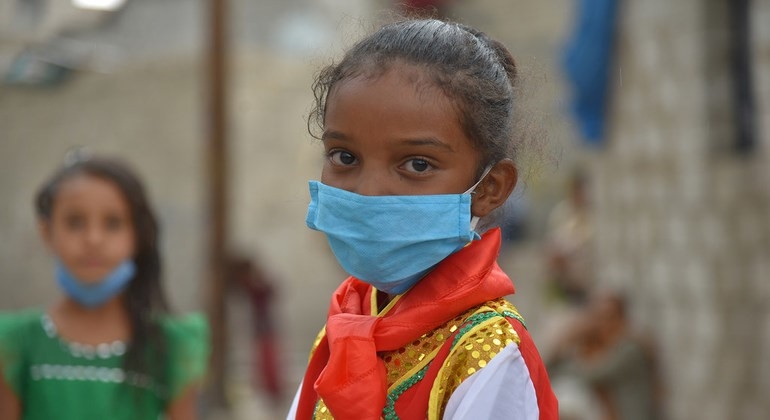We Communicate For Happy Children
 Latest Updates on the Catastrophic Humanitarian Situation in Yemen
Latest Updates on the Catastrophic Humanitarian Situation in Yemen 
Country:
Yemen
Millions of children in Yemen could be pushed to ‘the brink of starvation’ due to massive shortfalls in humanitarian aid funding amid the COVID-19 pandemic, according to the new UNICEF report. The pandemic is dramatically increasing broader humanitarian need, with indirect impacts that are already deepening poverty, destroying livelihoods, undermining education, disrupting immunization, and exacerbating food insecurity, fragility, and violence. The report shows that (1) an additional 30,000 children could develop life-threatening severe acute malnutrition over the next six months, (2) additional 6,600 children under the age of five could die from preventable causes by the end of the year, (3) the health system is teetering closer to collapse, (4) 9.58 million children do not have sufficient access to safe water, sanitation, or hygiene, (5) 7.8 million children are not able to access education with schools closed, (6) children at greater risk of child labor recruitment into armed groups and child marriage because of the widespread absence from class and a worsening economy.
Furthermore, the catastrophic humanitarian situation, which includes the growing risk of famine and the devastating impact of COVID-19, was further exacerbated by the torrential rains and flooding that hit governorates across the country, damaging infrastructure, destroying homes and shelters, causing deaths and injuries, ruining crops and killing livestock. Estimates indicate that more than 62,000 families were affected in Sana’a, Marib, Hajjah, Raymah, Al Mahwit, and Al Hudaydah Governorates, according to OCHA.
The Arab Network for Early Childhood Development calls on all humanitarian institutions to work for an immediate cessation of the ongoing war in Yemen, and to direct and provide the necessary support to help alleviate the suffering of millions of children there.
To view/ download UNICEF’s report
